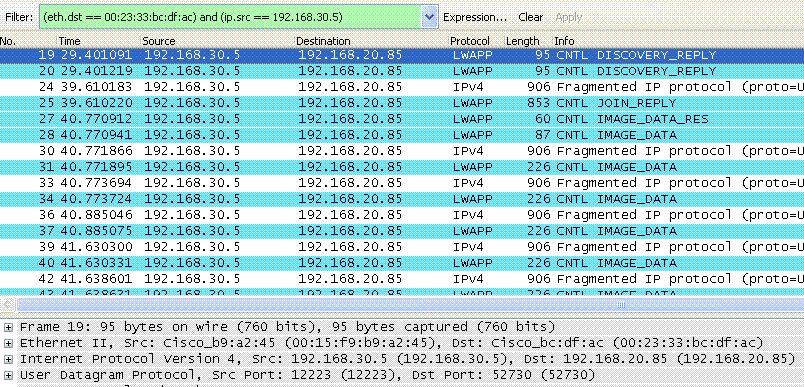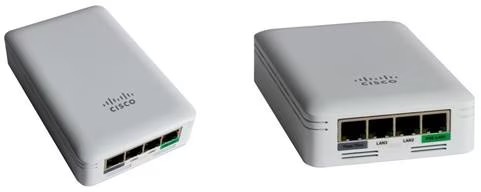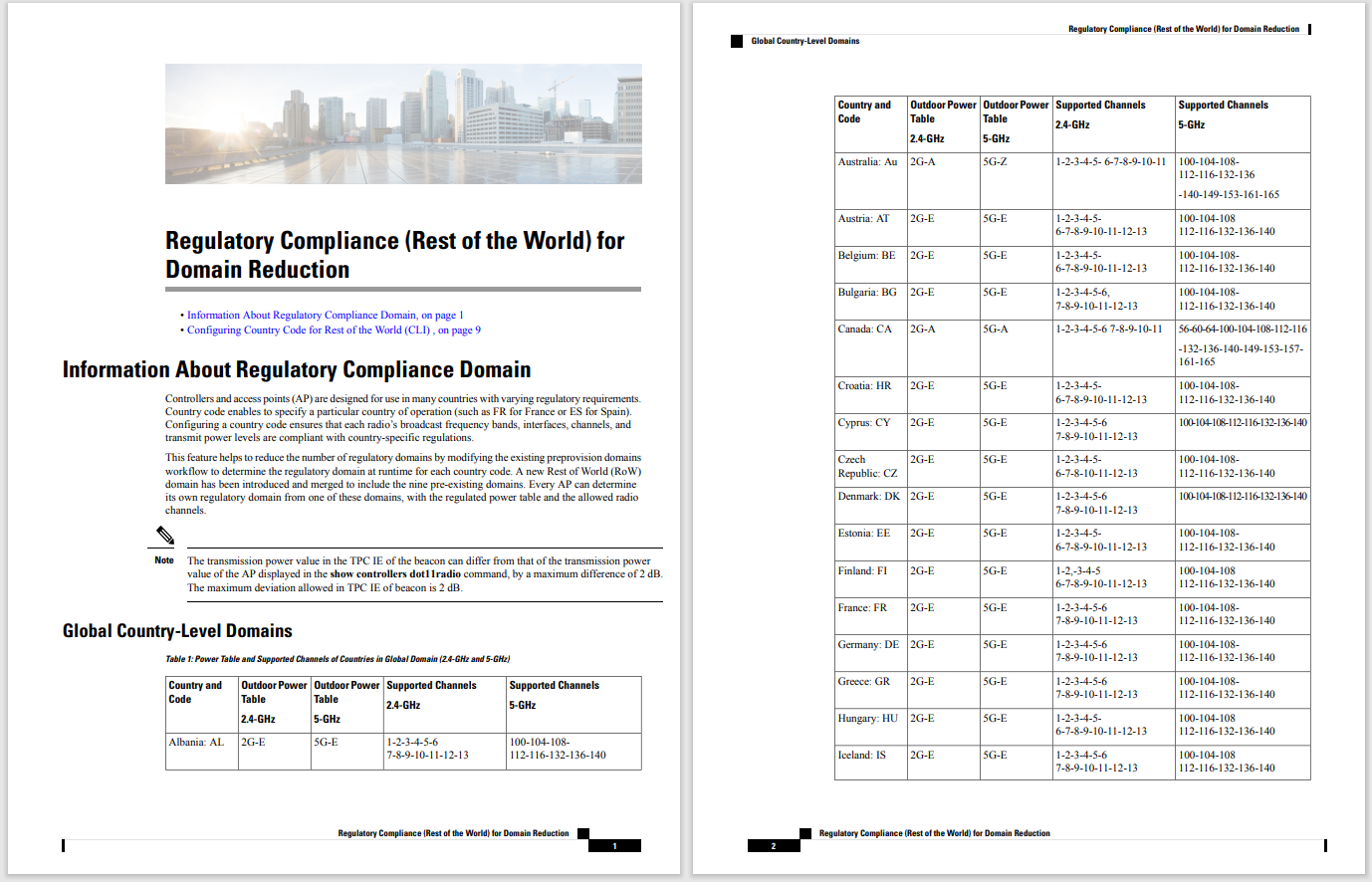































Almost exactly two years ago, Google achieved so-called quantum supremacy -- a "hello world" moment, in the words of the company's CEO Sundar Pichai, that made waves in the field and brought quantum computing, until then a relatively obscure branch of engineering, a little bit further into the mainstream.
Quantum computers offer great promise for cryptography and optimization problems, and companies are racing to make them practical for business use. ZDNet explores what quantum computers will and won't be able to do, and the challenges that remain.
Read nowFor the first time, it was shown that a quantum computer could solve a computational task that was impossible to run on a classical device in any realistic amount of time: Google's Sycamore quantum processor took just 200 seconds to calculate the answer to a problem that would have taken the world's biggest supercomputers 10,000 years to complete.
Since then, the quantum computing ecosystem has flourished. Tech giants and small start-ups alike jumped on the bandwagon, driven by the promise that the technology will one day unlock unprecedented compute power and resolve problems ranging from drug discovery to financial modelling, in turn generating huge improvements in efficiency and in business outcomes.
But although it was a historical milestone, demonstrating quantum supremacy was no guarantee that quantum computers could eventually usher in this "new era of computing" -- nor even that building a large-scale, useful quantum system might be feasible at all.
Take it from the scientist that led Google's team to quantum supremacy himself. "It's not like with quantum supremacy we fell over the finish line," John Martinis, who published the 2019 Nature paper presenting quantum supremacy together with Google's Quantum AI team, tells ZDNet. "We can still keep going and going."
Martinis has now left Google and its Silicon Valley campus, and moved to Australia to consult as a system engineer to a start-up called Silicon Quantum Computing. Advancing the state of the art of quantum computing, therefore, is never far from his mind. "Since I've left, I've been thinking about all the things we still have to fix," he says.
It's not about downplaying the importance of his experiment with Google. When Martinis joined Google's Quantum AI division in 2014, the idea of achieving quantum supremacy seemed a significant challenge -- which, the scientist remembers, a lot of people didn't think was possible to achieve at all.
Martinis had been doing quantum computing research since the 1980s, and from his perspective, the project was high-risk-high-reward -- a big stretch for the team, but still doable. A few years later, he was proven right: Google's 53-qubit quantum processor carried out a computation that was impossible to run on the most powerful supercomputers, and quantum supremacy was proclaimed for the first time.
But there are big caveats. Just because the Sycamore processor achieved quantum supremacy for one computation, doesn't mean that Google's quantum computer could compete against conventional devices for all problems. In fact, it's quite the opposite: Google's team designed a task specifically for the quantum system to solve, with no utility other than to demonstrate quantum supremacy.
As Pichai describes in the blog post announcing the milestone, the experiment was similar to building the first rocket that could leave the Earth's gravity to touch the edge of space: demonstrating the possibility of travelling in space, but without going anywhere useful just yet.
That is far from saying that it will soon be possible to travel to the moon, just as quantum supremacy doesn't mean that a large-scale quantum computer will be available in the future to resolve scientific and business problems that conventional computers are incapable of taking on.
"It's not clear in my mind that we will be able to build a quantum computer," says Martinis. "We're racing against Nature, and the real question is: Will Nature allow us to build the quantum computer?"
"It's really hard and there are lots of technical problems to solve. I'm still optimistic that we can solve these problems -- but then of course you have to go out and do it, which is hard."
For a quantum computer to start working on problems that have real-world relevance, scientists anticipate that one million or more qubits will be necessary. The problem is that qubits are fragile particles that are extremely prone to decoherence, meaning that they can easily fall from their quantum state when they interact with the environment around them. This introduces random errors in the system -- and the more qubits there are, the more potential there is for error.
With existing technologies, that's an impossible engineering challenge. Keeping qubits under control currently requires rooms-worth of equipment: the Sycamore processor's 53 qubits, for example, need to be cooled down to temperatures colder than outer space thanks to huge refrigerators and cryogenic control tools. Now imagine scaling that to one million qubits.
Of course, Martinis and his team never set out to demonstrate the possibility of a one million-qubit system with quantum supremacy. The experiment was rather about proving the possibility of quantum computing -- about showing Google executives that the technology could be taken seriously, and that it was worth pouring money into quantum research.
It worked: leaders at Google were convinced, but also decision-makers around the world. Together with the search giant, IBM had already been investing in quantum computing for years, and the pair were promptly joined by Microsoft and Amazon, and a host of smaller companies also started to emerge in the field. There were only a handful of quantum computing start-ups in 2013; by 2020, the number had jumped to 200.
Governments in the EU, the UK, the USA and China are launching large-scale quantum programs, often tied to billion-dollar budgets. While working on the quantum supremacy experiment felt like a group effort, says Martinis, the spirit is now increasingly shifting to resemble that of a race.
That's a good thing, given the scale of the challenge. "People are being funded by big companies and start-ups, there is a whole vibrant ecosystem, everyone feels they have to make progress and fix their system," says Martinis. "With all these different pools, it's a healthy situation and it's more likely that someone can build something that works."
Some experts are more sceptical of the quantum ecosystem, and blame the tendency to over-hype a technology that is yet to prove itself. Mikhail Dyakonov, a professor of physics at the University of Montpellier in France, and one of the more vocal critics in the field, even wrote in a post -- called "The case against quantum computing" -- that large-scale error-corrected systems will not appear in the foreseeable future due to the "gargantuan" technical challenges that would have to be overcome.
But Martinis remains optimistic. With an ever-increasing number of companies investing in quantum computing, he says, it is becoming possible to test different approaches to the technology and understand how to make the systems bigger.
"I've said this for years; we have to make the qubits better," says Martinis. "I have some really exciting ideas on how to do that. I see a lot of potential still."
The scientist says that he is keeping a list of the issues that still need fixing, and he is working at ticking them off one at a time. Quantum supremacy was only the beginning for Martinis; even more exciting milestones are yet to come.
 Горячие метки:
3. Инновации
13. Квантовые вычисления
Горячие метки:
3. Инновации
13. Квантовые вычисления